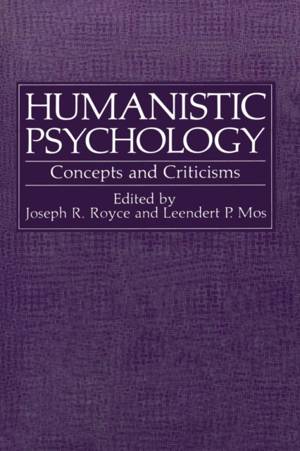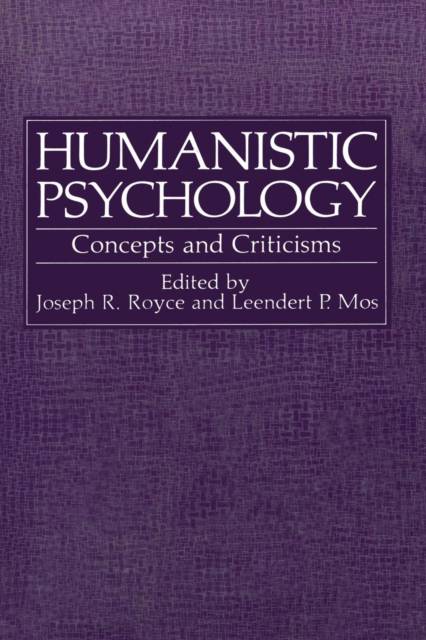
- Afhalen na 1 uur in een winkel met voorraad
- Gratis thuislevering in België vanaf € 30
- Ruim aanbod met 7 miljoen producten
- Afhalen na 1 uur in een winkel met voorraad
- Gratis thuislevering in België vanaf € 30
- Ruim aanbod met 7 miljoen producten
Zoeken
€ 83,95
+ 167 punten
Omschrijving
THE FORMATIVE TENDENCY I have often pointed out that in my work with individuals in therapy, and in my experience in encounter groups, I have been led to the con- viction that human nature is essentially constructive. When, in a ther- apeutic climate (which can be objectively defined) a person becomes sharply aware of more of his or her internal experiencing and of the stimuli and demands from the external world, thus acquiring a full range of options, the person tends to move in the direction of becoming a socially constructive organism. But many are critical of this point of view. Why should such a positive direction be observed only in humans? Isn't this just pure op- - . ? timi sm. So quite hesitantly, because I have to draw on the work and thinking of others rather than on my own experience, I should like to try to set this directional tendency in a much broader context. I shall draw on my general reading in the field of science, but I should like to mention a special indebtedness to the work of Lancelot Whyte in The Universe of Experience (Harper and Row, 1974), the last book he wrote before his death. Though the book has flaws, in my judgment this historian has some thought-provoking themes to advance. I have learned from many others as well.
Specificaties
Betrokkenen
- Uitgeverij:
Inhoud
- Aantal bladzijden:
- 311
- Taal:
- Engels
- Reeks:
Eigenschappen
- Productcode (EAN):
- 9781468410730
- Verschijningsdatum:
- 27/12/2012
- Uitvoering:
- Paperback
- Formaat:
- Trade paperback (VS)
- Afmetingen:
- 152 mm x 229 mm
- Gewicht:
- 449 g

Alleen bij Standaard Boekhandel
+ 167 punten op je klantenkaart van Standaard Boekhandel
Beoordelingen
We publiceren alleen reviews die voldoen aan de voorwaarden voor reviews. Bekijk onze voorwaarden voor reviews.









